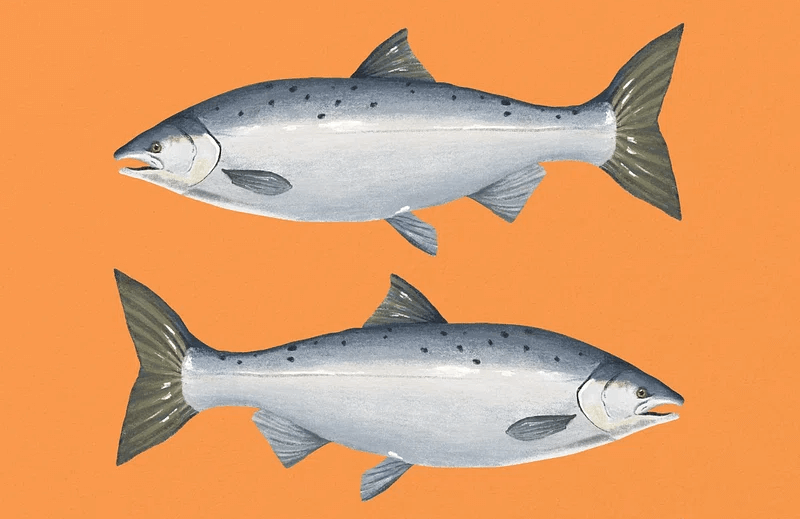Salmon is the second-most-popular seafood in the United States, where the average American consumes more than three pounds a year. (Shrimp is No. 1, with average annual consumption reaching nearly six pounds in 2021.)
About 10 to 20 percent of this is wild Pacific salmon, most of which comes from well-managed fisheries in Alaska. But the rest is imported farmed fish raised in open net-pens in the ocean, a much-criticized system made even more problematic by rising water temperatures and other climate challenges.
Now, several land-based farms across the country are beginning to offer a more climate-stable alternative to traditional salmon aquaculture — one that’s cleaner, more ecologically responsible and potentially has a lower carbon footprint.
So far, their fish is available only in local markets, most of them in Florida, New York and Wisconsin. But experts say that land-based farming is the future of salmon aquaculture in America — and the world, as similar businesses gain footing in countries like Denmark, Norway, Switzerland, Poland and Japan.































